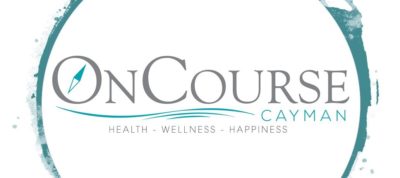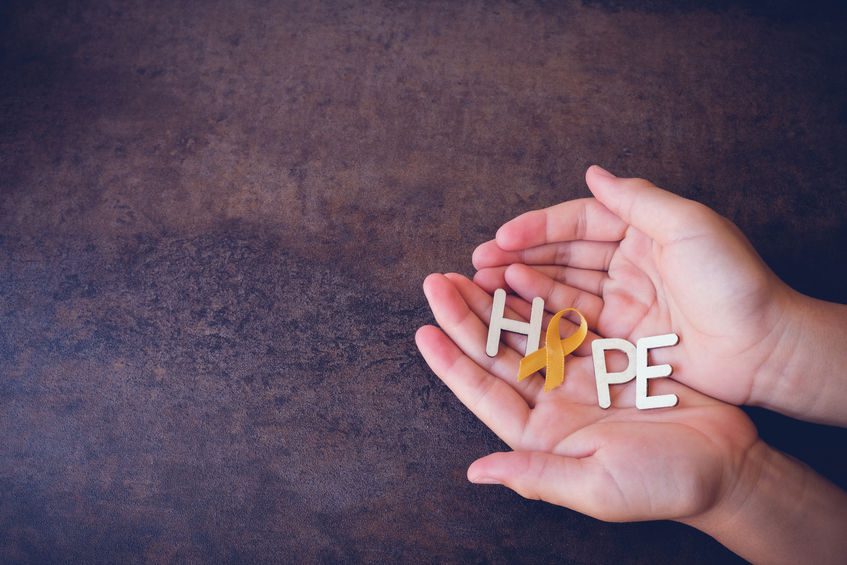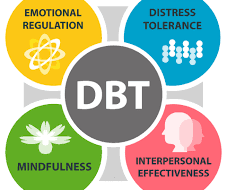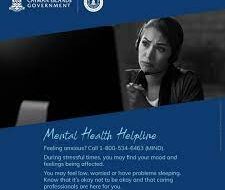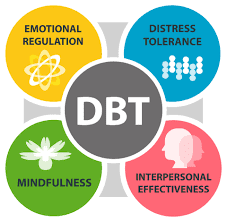
DBT Intensive Outpatient Program
DBT Intensive Outpatient Therapy Programme for Young Adults
What is Dialectical Behaviour Therapy (DBT)?
DBT is an evidence-based treatment programme designed to help people with mental health conditions who have problems regulating emotions; It’s a third-generation Cognitive Behaviour Therapy (CBT). DBT was developed to treat people with borderline personality disorder, however, it is also used as a treatment for several other conditions, including people with substance use disorders, major depressive disorder, bipolar disorder, attention deficit and hyperactivity disorder (ADHD) and eating disorders.
People who may benefit from DBT: those struggling with emotional regulation, self-destructive behaviours and/or interpersonal difficulties.
During DBT, people are taught skills in four areas:
- Mindfulness skills help people focus on and accept the present moment without judgment.
- Distress Tolerance skills help people better tolerate and accept distress and pain. In DBT, people are taught that distress and pain cannot be entirely avoided in life, but by using certain strategies, they can be tolerated.
- Interpersonal Effectiveness skills include strategies people can use to assert themselves in social situations, including saying no, asking for what they want, and dealing with conflict in relationships. Additionally, these skills also emphasise in building new and maintaining existing relationships, as well as maintaining self-respect.
- Emotion Regulation skills help people better understand and control their emotions. In DBT, people learn several strategies to improve their emotion regulation, including identifying and labeling their current emotions, identifying obstacles that prevent them from changing their emotions, and engaging in positive events and experiences.
Our Intensive Outpatient Programme (IOP) will involve 11 hours of therapeutic services per week:
This is for young adults (18-30 years old) who are struggling with mental health concerns and need more support than a typical outpatient (i.e.: one hour per week) but not as much support as an inpatient placement. It may also be appropriate for clients who are returning from overseas inpatient/residential treatment. Groups will include 3 to 5 participants at a time.
- 9 Hours of DBT Skills Training (Group Therapy) per week: 3 hours, 3x per week (Monday, Wednesday & Friday 9am -12pm) where clients can process recent events and support each other as they learn new skills to increase effectiveness in daily activities and relationships.
- 1 Hour of Individual Therapy per week: All participants must also be engaged in individual therapy. This can be facilitated at OnCourse Cayman or with another provider in which case there will be regular updates between the group and primary therapist to ensure consistency of care and progress towards the client’s goals.
- 1 Hour of Family/Support System review per week: Group therapist will meet with each client and a family member or other support person once per week to review skills being worked on to increase support and generalisation of skills.
All sessions at OnCourse Cayman will be facilitated by Dr. Alexandra Bodden, Clinical Psychologist, who has had extensive experience working in IOP, inpatient and residential programmes for mental health and substance abuse concerns. Dr. Bodden specialises in working with adults with a history of trauma, addictions and severe and persistent mental illness.
This DBT-informed programme complements much of the work being done by therapists providing individual therapy on island and should be considered if clients need additional support and/or new skills to be able to cope with daily activities. An intake will be completed with each person prior to beginning the programme to ensure that they are a good fit. All participants must have an individual therapist (whether at OnCourse or another clinic) throughout the program and a review by a psychiatrist prior to starting the program.

Evidence Base and Additional info: https://dbt-uk.com/stats-around-dbt-evidence-success-rates-and-impact/
